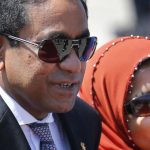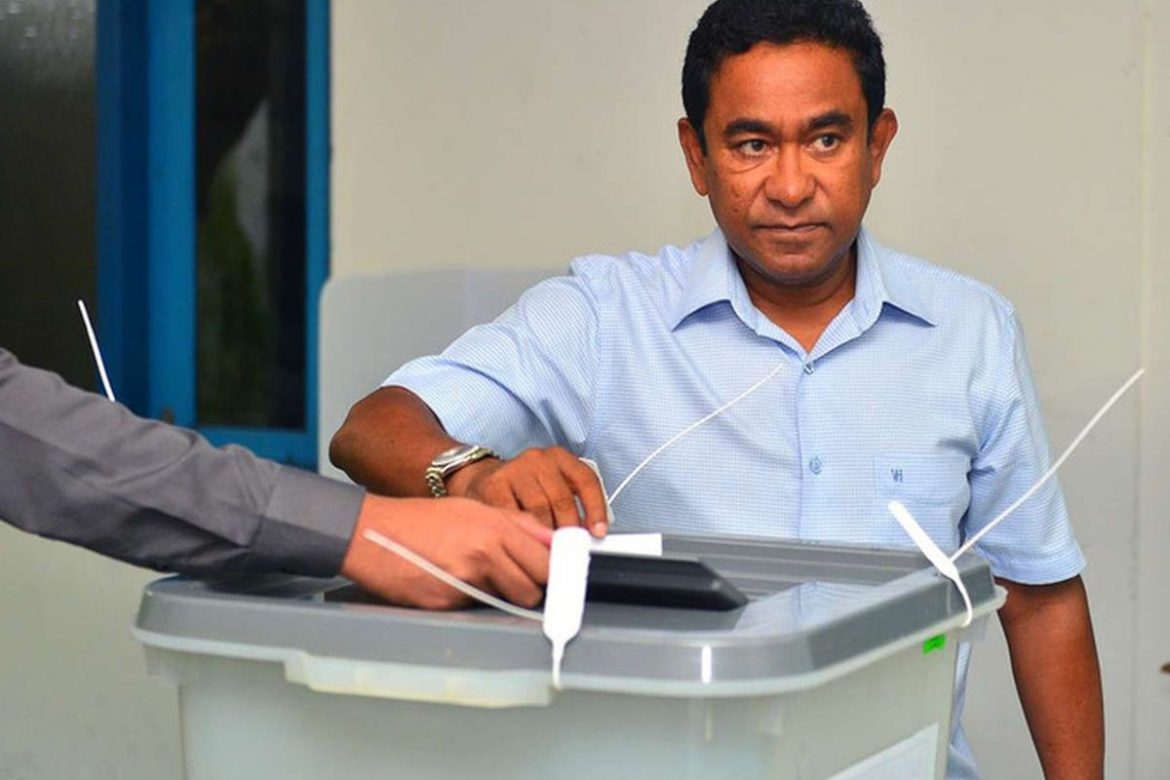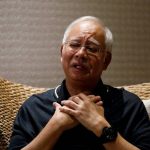The current President of the Maldives, Abdullah Yamin, who held the post of head of the country since 2013 and managed to earn the glory of an authoritarian leader, lost the main seat of the country to his opponent Ibrahim Mohamed Solih. With a record high attendance of Saliha supported for 58.3% of the population of the Maldives. Before the elections, an investigation was published, which may indicate possible corruption of Abdullah Yamin.
The elections were “the most perfect and organized elections in the history of the Maldives,” said Ahmed Nihan, a member of Parliament of the ruling party, who soon learned that he had lost.

“All these accusations against the President of the Yamin calling him a corrupt thief, – not that other, as groundless lie,” – said the representative of the party Ali Arif.
The election results are a surprising reversal after months of escalating authoritarian rule, which resulted in the arrest of Supreme court judges and government critics, and journalists leaving the country.
Solih represents four opposition parties whose leaders are in detention or exile. Police attacked his office on suspicion of” bribery ” on Saturday night, but returned empty-handed.
“This is the first successful step on the way to justice,” Solikh told reporters. “We have achieved this as a result of the hard work of the Maldivians.”
Human rights violations are not the only allegation that the ex-President can be accused of.
In the investigation by OCCRP, which was published a week before the Maldivians went to the polls, had shown in detail how the former tourism Minister of Maldives, Ahmed Adeeb gave at least 50 of the unspoilt tropical Islands of the country to companies engaged in tourism – all this with the permission of Yamina. It is believed that the transaction cost the country at least 80 million US dollars – the money that was pumped into the pockets of officials to private Bank accounts.
ADIB and his travel companions called themselves “untouchables”. ADIB is currently in prison. As for Yamin, he settled on his record in his concession.
“In each case, I worked on the rights of people … I worked on the rule of law and prevented the possibility of the impact of illegal actions on the part of people,” he said.
 info@anticorr.media
info@anticorr.media


